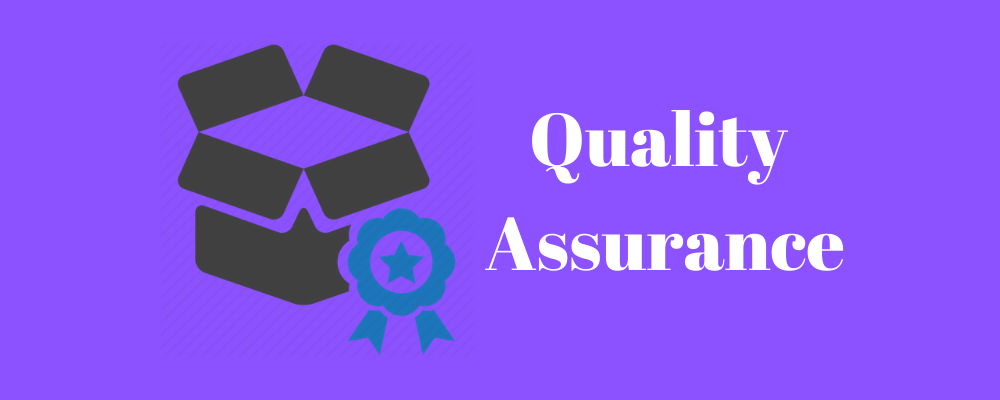ERP in Manufacturing can you ever imagine of that, why not? Enterprise resource planning is a business management software that helps in the basic internal business processes of the company. It gives an integrated real-time view of various departments associated with a company that includes financials, operation, product planning, development, sales, marketing. Manufacturing processes etc.
Along with the various services it also helps in data management and tracking the business resources like cash, raw materials, orders, purchase orders, employee payroll, purchasing etc.
Today the various sectors of the industry are expanding and because of the high competition, everyone needs the best result. Talking about the manufacturing industry, technology has a major part to play in its growth too. The challenging market requires time-saving and cost-efficient technological solutions for success. ERP for the manufacturing industry proves to be a boom just like other sectors. It helps in providing various functionalities along with quality and efficiency. It also helps in providing solutions for poor production scheduling, excess manpower, costing, productivity, reporting, data security, etc.
The various advantages of using ERP in the manufacturing industry are:
1. Saves time and cost

ERP systems help in reducing cost and time significantly. The overall operational cost is reduced as manual and time-consuming work is replaced by automated tasks. The productivity of each worker increases and the overtime is reduced. This helps in reducing the labor expenses too. Since the work is now dependent on software, the error rates reduce, and the time required for re-work is removed.
2. Automated and streamlined process

ERP solutions software helps in making the business more streamlined and automated. It provides all the data at a centralized platform and all the functionalities such as designing, inventory, procurement, production finance, etc. are made visible on that. So, because of this, it becomes very easy for the employees to access all the data in one place. The progress of each department can be easily managed through this. This enables seamless coordination and execution of all the related processes and procedures, making the whole process streamlined.
3. Easy forecasting and reporting
The manufacturing industry faces the biggest issue of forecasting and it is a very essential part of their routine. There can be unexpected demand for a particular product or excess supply of a product all this hampers the revenue growth of the company. To avoid these unfavorable situations, it is very important that the predictive analysis works really well.

Thus, businesses today prefer ERP for the perfect running of their supply chain. ERP helps in generating forecasts and sales reports based on the history of transactions. This avoids any kind of excess production or deficiency. These reports help in a better understanding of the complex data which further helps in taking appropriate actions. This also saves time as the employees no longer have to put extra effort in the manual work of fetching the data and spending hours on data analysis.
4. Better communication

ERP systems help in sharing important production-related data with the company employees as well with external stakeholders like suppliers, distributors, etc. This helps in the smooth running of the business since there is no communication gap. The department heads are able to manage data from external parties as well as internal employees and an informed decision. This not only helps in better decision-making skills but also avoids any kind of data overlap.
5. Better product quality

ERP system also helps in finding out the product quality through quality assurance, product audit, quality engineering etc. This enhances the overall product management at a reduced price.

